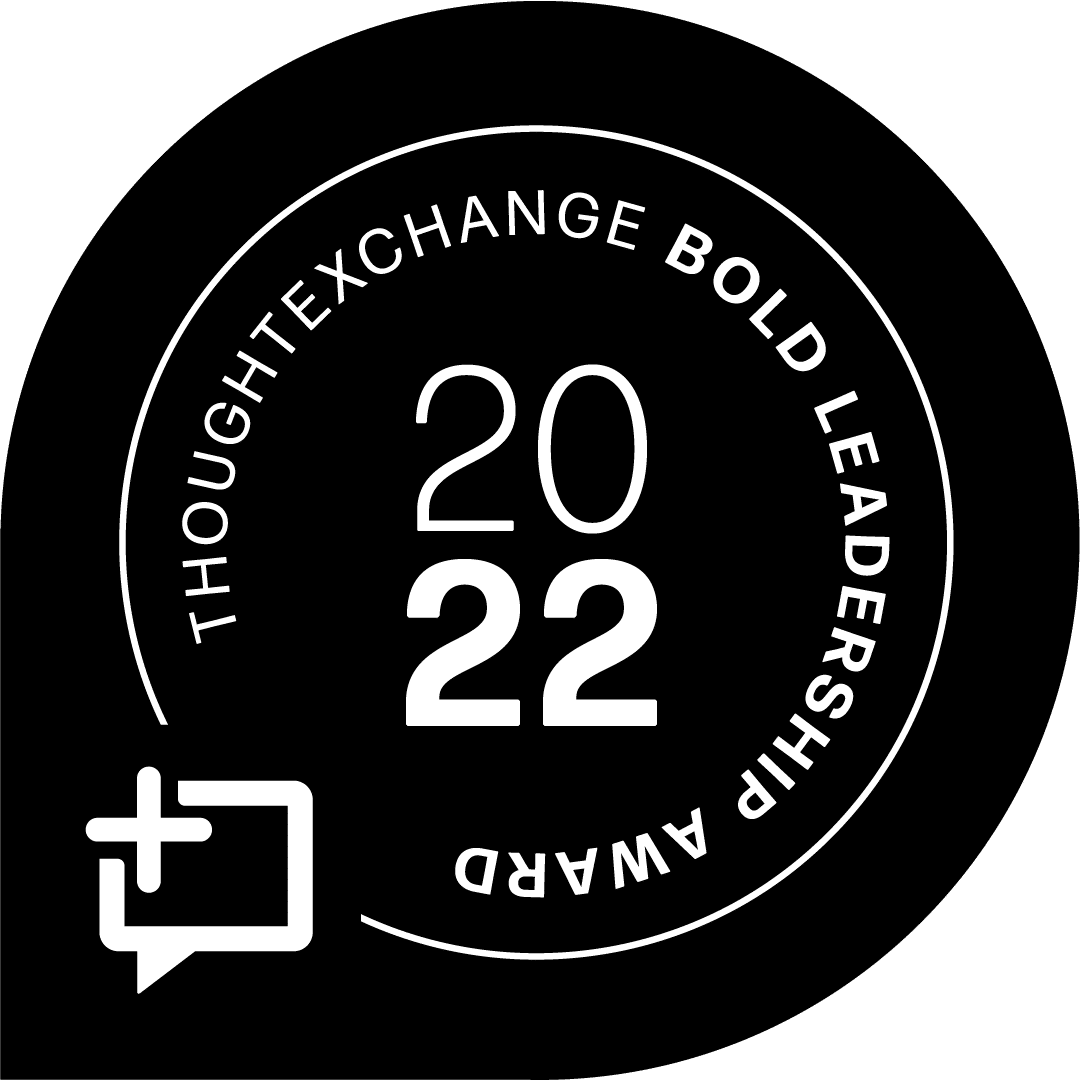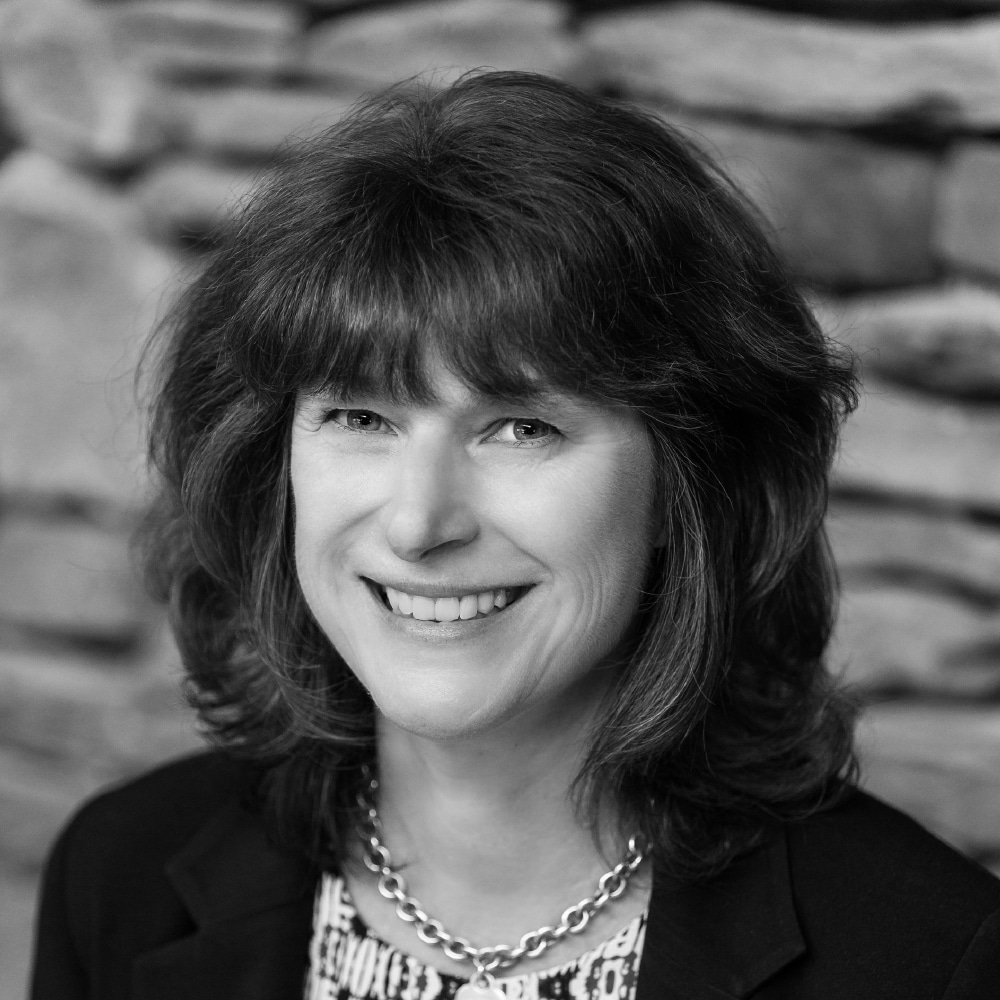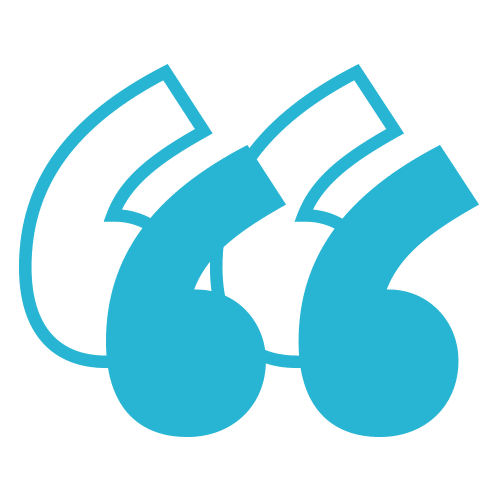How Guilderland CSD Passed $110M Budget With Community Input with ThoughtExchange

Early in 2022, Guilderland Central School District, NY, was dealing with a crisis of uncertainty. They faced an almost $2 million dollar unexpected expense during the 2021-2022 school year due to increased special education costs, reduced tax assessments, alongside the effects of the COVID pandemic. Amidst all the turmoil, Guilderland CSD was about to put its proposed 2022/2023 budget to vote—a budget that asked community members to approve a 2.98% increase in the tax levy and an almost $5 million increase on the previous year’s budget.
As the Board of Education was putting together the 2022/2023 budget proposal, Superintendent Dr. Marie Wiles knew that community feedback would be vital. So in February 2022, she launched an Exchange in the Guilderland CSD community, asking:
What are your priorities for the 2022-2023 Operating Budget of the Guilderland Central School District?
Over the course of a week, staff, students, parents, and community members all had the opportunity to share their priorities. Dr. Wiles tells us that “the Exchange data had a big impact on our operating budget.”
Budgeting for community needs
There were a few key areas that the Guilderland community wanted the budget to address:
- Class sizes
- Student wellbeing
- Access to extracurricular activities
“The big topic in our community was class size,” says Dr. Wiles, “because when we were in the midst of the COVID pandemic, class sizes shrunk to 14 or 15 [students] and everybody loved it.” Dr. Wiles focused their efforts on middle school classes, which were all in the high twenties. “In the end, we could only lower class sizes in eighth grade, which was the class with the biggest problem this year.” she tells us. Dr. Wiles plans to prioritize additional middle school grades in future budgets, given the community’s strong feelings about the topic.
Another area of concern in the Guilderland community was student wellbeing. Participants shared that student mental health was a major concern, as was increased access to extracurricular activities. “[Extracurriculars] don't get a lot out of our general operating budget,” Dr. Wiles explains, but they were eligible expenses for Guilderland’s ARP-ESSER funds.
With this community feedback, Dr. Wiles was able to ensure that the budget allocated funds to both of these areas. “We heard a lot about mental health, so we expanded the number of social workers and school psychologists,” she explains. “We [also] bought a lot of musical instruments and new weight room equipment because these are the things that connect kids to school, connect them to one another, and help them feel good about being a part of this community.”
“I feel like I can hit the mark of reflecting our community’s values much more accurately using ThoughtExchange.”

Closing the loop, fast
One of Dr. Wiles’ favorite ThoughtExchange features is Reports. “It's really fast. We can close the exchange Friday morning, and post the report Friday night, depending on how much theming we wanted to do,” she explains. “I think it's respectful of the community—they’ve invested their time and are probably curious about the topic. So we can easily share what we found.” As every education leader knows, keeping people informed is key to building strong relationships between schools and communities. But communicating results from in-person town halls, meetings, focus groups, and surveys is time consuming. Not with ThoughtExchange, Dr. Wiles tells us:
“I'm really happy that running an Exchange is not a ton of work. I'm not asking my staff to put a report together or run exit polls like we do after elections, where it takes a month to get the results back, and by then, everyone's moved on to the next problem.”
Community engagement—in any weather
Consulting their community has always been a big part of Guilderland’s budget proposal process, and in her 22 years of superintendency, Dr. Wiles has used many different methods to incorporate community voice. Before using ThoughtExchange to engage their community on important issues, “we used to do a lot of in-person community engagement,” Dr. Wiles shares. “We would host forums where people could talk about their priorities for our budget—and they were always energizing.”
However, the participants who would attend these in-person meetings represented only a fraction of the 38,000-strong Guilderland community. With New York state temperatures dipping below freezing in February, attendees had to be truly committed to sharing their perspectives. “100 [people would] show up—those who don't mind coming out in February, who care very deeply about the issues, and who may have agendas to promote,” Dr. Wiles admits.
“But after a while, people stopped coming—we’d get 75 people, 50 people. It didn’t capture enough voices to give us a full complement of how people feel about various issues.”
Now, using ThoughtExchange, Dr. Wiles is excited to access a breadth of perspectives. “The thing I like about ThoughtExchange is we send the link out, leave the Exchange open for a week, and get 50,000 ratings on 400 thoughts,” she tells us. Community members can access the Exchange at any time and on any device, so Guilderland’s process of gathering feedback has been democratized.
“It's more inclusive,” she shares. “You don't have to worry about a snowstorm. You don't have to pay for gas to get to the high school. You don't have to worry about social distancing.”
Through an Exchange, Dr. Wiles can hear from more people, in their own words, without the paid facilitator, extensive note-taking, and weeks of data-crunching that come with in-person participation. She’s also more confident in her understanding of how widespread certain opinions are in her district.
“An Exchange gives me lots of data—rather than making a guess or just listening to the people who are so tuned into the topic, have their own agenda about it, or are the loudest voice in the crowd. That can get in my ear, and all of a sudden you think, is that how everybody feels? That's just not a very good way to make decisions.”
When we asked Dr. Wiles about traditional survey technology—also helpful in a snowstorm—her response was less than enthusiastic. “We've also done surveys, and we still do from time to time on various topics,” she shares. “But I think it's really hard to create a good survey without leading or double-barreled questions. And I think the data we get back isn’t accurate or helpful.” On the other hand, with just one open-ended question, an Exchange can analyze hundreds of different perspectives and present Dr. Wiles with the most supported actions, almost instantly.
Hitting the mark with a “Yes”
Although Guilderland’s 2022/2023 budget asked their community to approve significant increases during a recession, 68% of the public voted to approve it in May 2022. Dr. Wiles believes ThoughtExchange has helped her feel more confident that her decisions will help her district succeed:
“My job has two sides to it—I'm leading a community, but I'm also serving a community. In order to serve, I need to know what they value, and what direction they would like our schools to go in. I feel like I can hit the mark of reflecting our community’s values much more accurately using ThoughtExchange.”


Gain clarity, not clutter.
Turn insights into action today.
